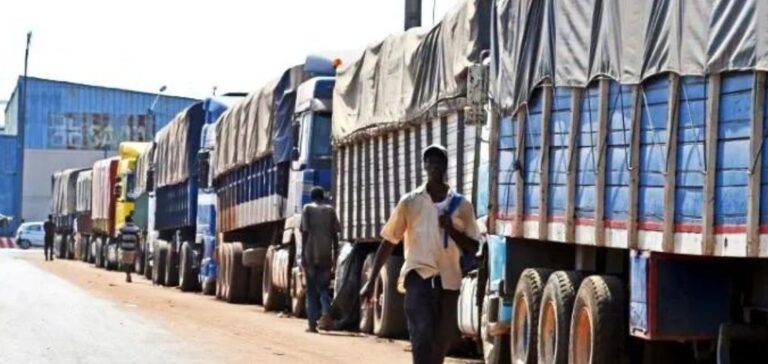Benin’s Minister of Mines, Samou Seidou Adambi, has announced a provisional authorization for the export of Nigerian oil via the port of Sèmè, signaling a potential improvement in bilateral relations after months of tension. The move comes as both nations deal with the repercussions of a military coup in Niger, which had previously led to border closures and regional sanctions by ECOWAS (Economic Community of West African States). The Minister of Mines indicated that:
“Benin authorizes the loading of the first vessel currently anchored in our waters.” He added that his country had “no interest in harming the State of Niger or Wapco”, its Chinese partner.
Infrastructure and operations details
The giant pipeline, recently inaugurated, is a project piloted by China National Petroleum Corporation (CNPC) to transport crude oil from Agadem (Niger) to Benin. The resumption of operations at the port of Sèmè Kpodji, previously hampered by political and logistical blockages, marks a crucial turning point. However, Minister Adambi warned that Benin could revoke this authorization if Niamey did not cooperate fully, particularly as regards the complete reopening of borders.
Economic and diplomatic implications
The prolonged closure of borders has had a significant impact on the Beninese economy, affecting public revenues and increasing the cost of foodstuffs. The announcement of this authorization is therefore a potential relief for Benin’s economy, as well as being a diplomatic gesture towards Niger and its Chinese partner, CNPC. The presence of a Chinese delegation in Cotonou, discussing with President Patrice Talon, underlines the international importance of this agreement.
Benin’s decision to temporarily allow Nigerian oil exports reflects pragmatic diplomacy in the face of pressing economic challenges and complex bilateral relations. This opening, albeit provisional, is a step towards regional stabilization, with far-reaching implications for energy trade and security in the Gulf of Guinea region.





















